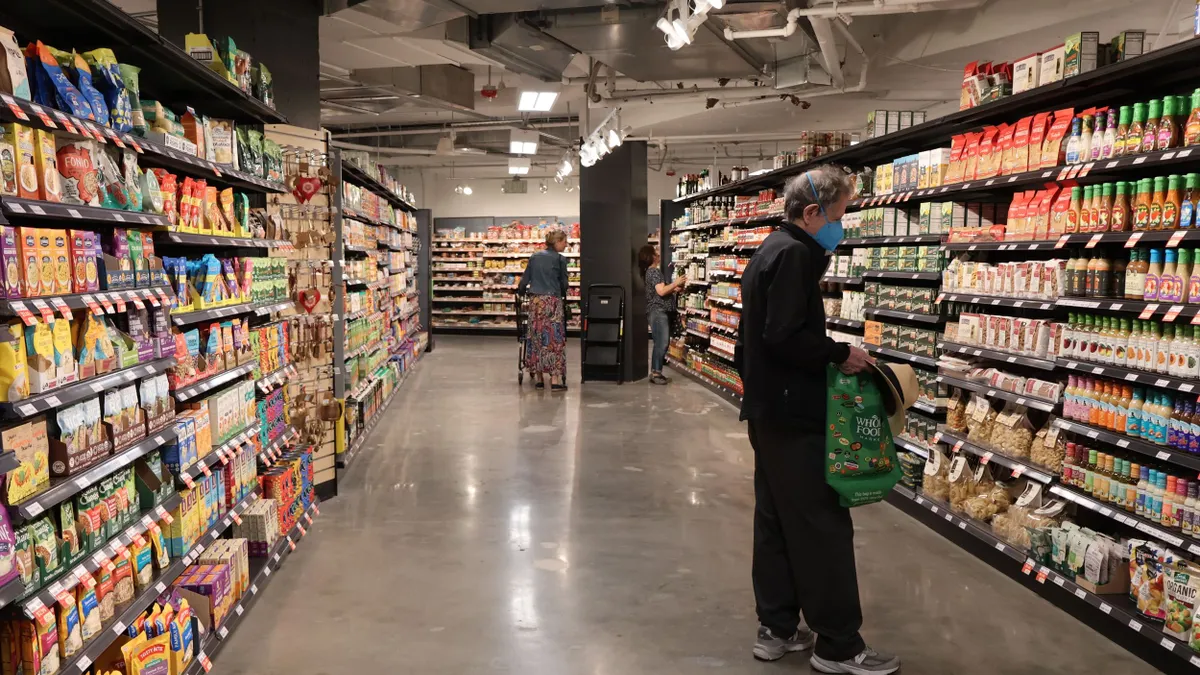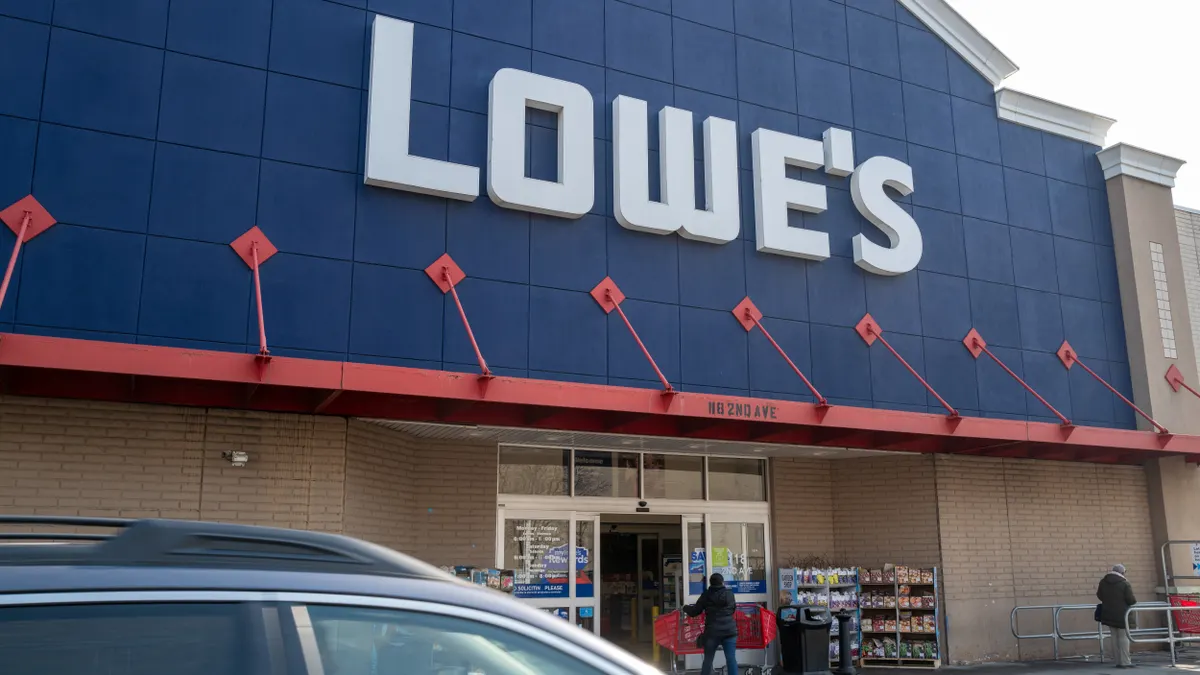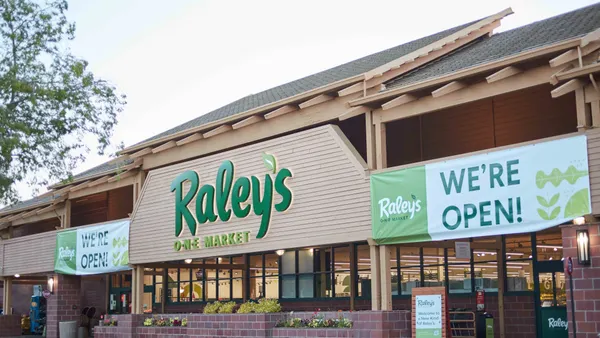Dive Brief:
- U.S. consumers are anxious about the impact of tariffs on the economy — and shifting their purchasing behavior in response, according to a Gartner survey released Wednesday.
- The majority of U.S. consumers — 59% — are very or somewhat negative about U.S. trade policies, according to the survey of over 200 consumers. Nearly the same rate is very or somewhat negative about the state of the U.S. economy.
- “It's not clear what the current policies are, they're changing so rapidly,” Kate Muhl, VP analyst at Gartner, told CX Dive. “Most consumers have a sense that this is going to come to them — that the costs are going to be borne by them, which is why they expect prices to rise.”
Dive Insight:
The survey, which was conducted in early March, captures an ongoing sentiment businesses have to contend with: economic uncertainty is making people anxious.
Nearly one-third of consumers are pulling back on discretionary spending, while 2 in 5 consumers say they are holding off making a large purchase, according to the survey.
These concerns have shown up in other polls. Consumers believe tariff policies are the No. 1 factor most likely to hurt U.S. households, according to a Harris poll of more than 2,100 adults. Three in 5 U.S. adults said either lack of affordability or anxiety about the economy has impacted a major life goal.
Three-quarters of Americans think that the Trump administration's tariffs will make the prices they pay increase, according to a May poll by The Economist and YouGov.
Adding to already high economic anxiety is another factor: empty shelves. Consumers shopping in-store can expect to see some shortages as some products, particularly those from China, went unordered while hefty tariffs were in place.
“Americans are not used to empty shelves, and empty shelves are part of the visual signal of uncertainty and things being scary during the pandemic,” Muhl said. “That may return because it's going to be a supply shock in that similar way.”
To connect with consumers even as they pull back, CX leaders can look back to the pandemic for insight, Muhl said.
“The pandemic playbook was about, ‘I'm going to empathize with you, my customer, my target consumer. We're going to be in this together. I see where your difficulties are,’” Muhl said. “I think there's going to be an opportunity to dig up, review some of the best things that you did during the pandemic, to connect with consumers and use that as an inspiration and jumping off point to think about how you're going to position and how you're going to message.”














